Ker & Downey Africa > Journal > Fireside Chats with Dr. Delphine Malleret King
“For me, if done well, tourism has an incredible potential to foster tolerance, open mindedness, care, connectedness, protect nature and stimulate sustainable inclusive economies locally.”
– Dr. Delphine Malleret King
Dr. Delphine Malleret King heads up The Long Run – a highly esteemed membership community, now part of Preferred by Nature. Delphine boasts over 20 years of experience as a socio-economist and conservationist, having worked for international, national and local NGOs across Africa specializing in natural resource management, marine and terrestrial conservation, community engagement and socio-economic impact monitoring. Holding a degree in Economics-Development Studies, a Masters of Science in Sea Use Law, Economics and Policy Making, Coastal Management, a Masters in Agricultural Development, and a PhD focused on socio-economic impacts of marine protected areas, she is passionate about finding innovative ways for organizations to leverage their business to drive positive impact on nature, people, and the planet as a whole.
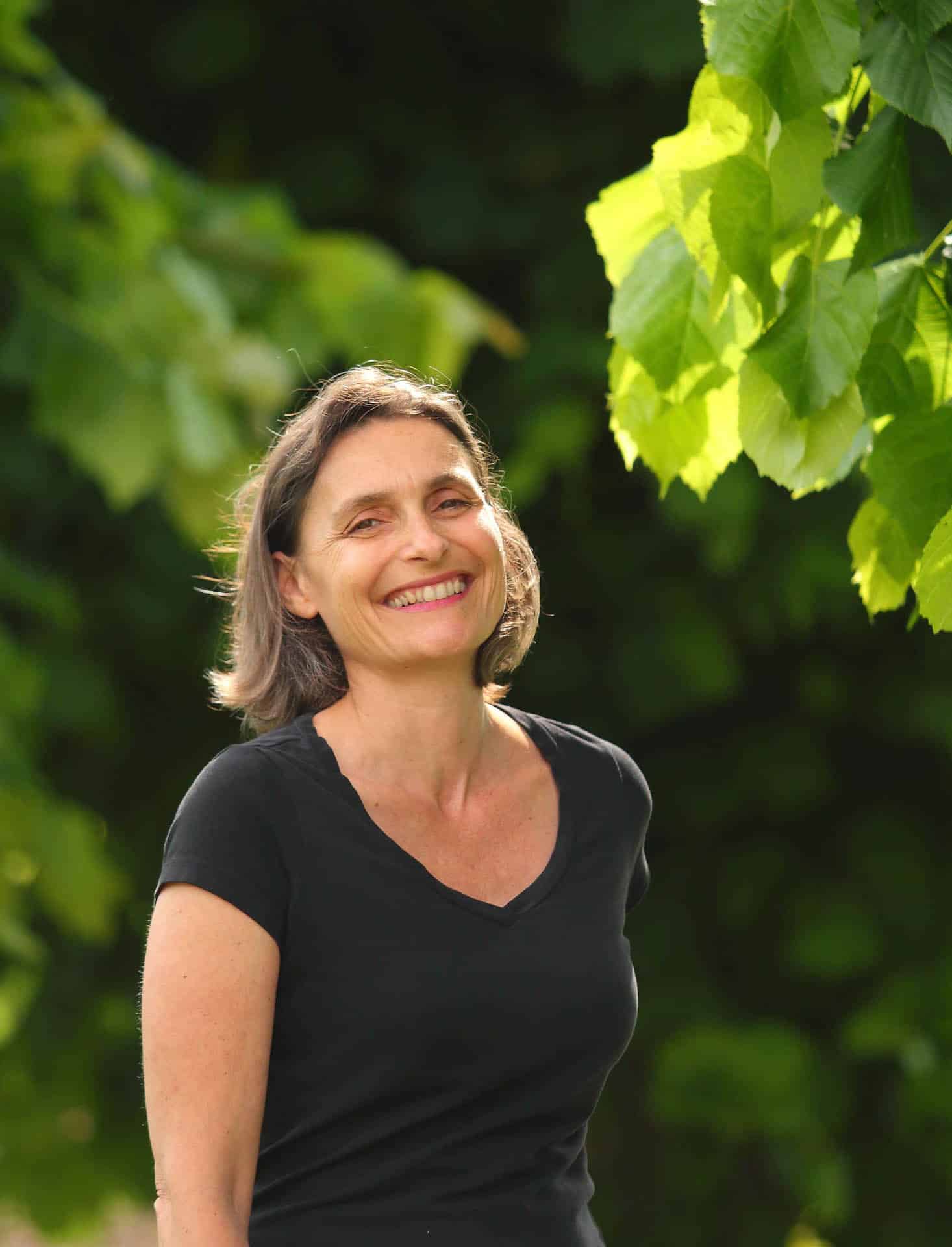
Delphine describes herself as French born with multicultural roots and a Kenyan heart. She studied in Paris, moved to the United Kingdom for her MSc, and completed her PhD in Kenya – the East African country that had captivated her as a young teenage girl. She has lived in Kenya since 1996 and though having moved partly back to the UK to take on The Long Run in 2016, she still calls Kenya home.
It was an honor and a privilege to chat to such a passionate conservationist and sustainability trailblazer.
Are you ready?
As you know, the French all vanish in July and August for the sacro-saint summer migration. Well, as a family, we vanished to what is now Croatia. We took a long and wonderful drive through France, Switzerland, Italy. Once there, it was heaven. We were left to our own devices, and I spent my life in the sea, snorkelling and saving sea urchins from being eaten by French gourmands. I later got into diving. The sea is definitely my element.
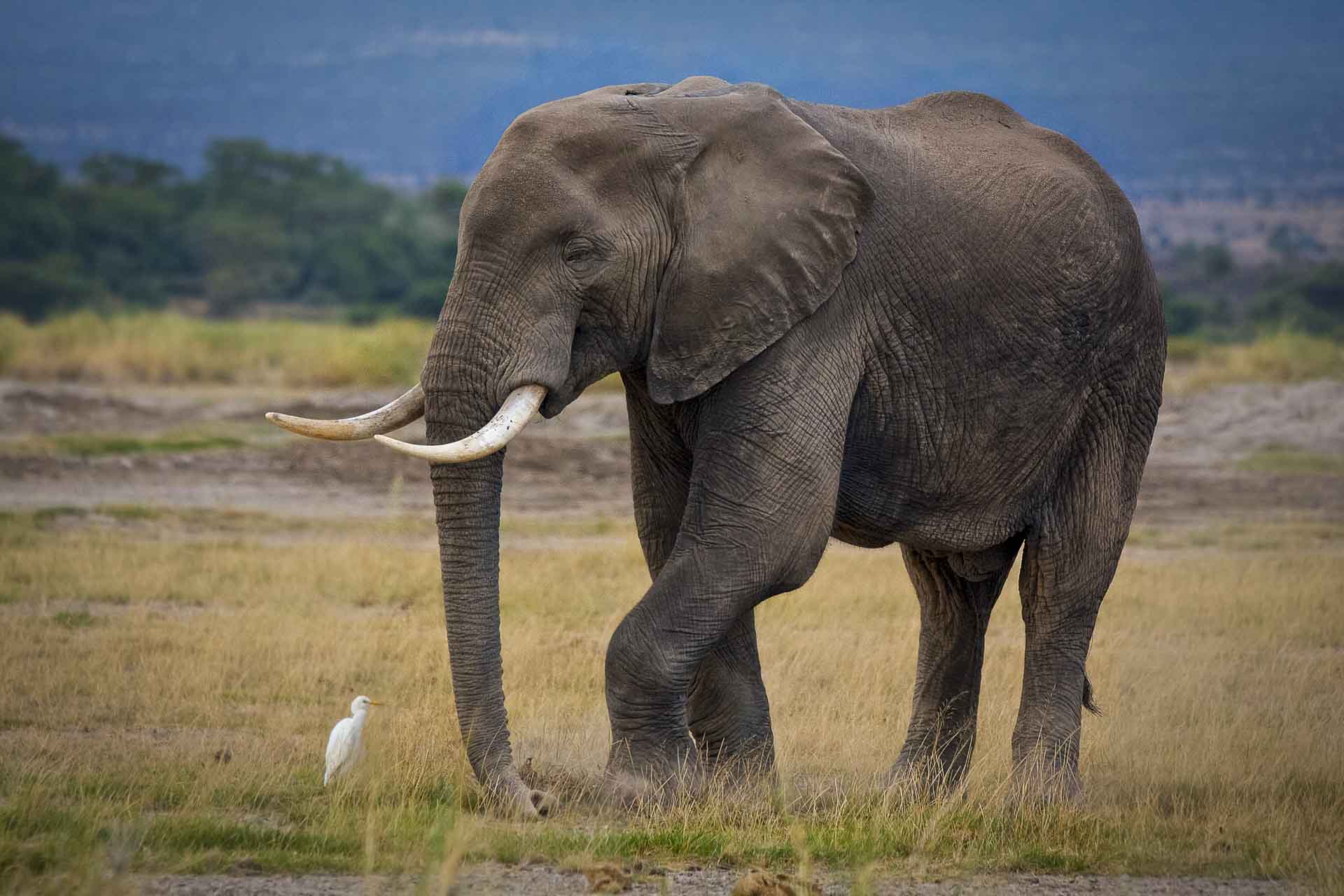
What jolted me into conservation was a transformational trip to Kenya when I was 16. I was in Tsavo, it was early in the morning, and Africa was stretched in front of me, as far as the eye could see. An elephant wandered up very close to me, maybe too close, during a time when poaching was rife and elephants were unsettled. This was a moment where I felt a huge connection with Africa and the harsh landscape.
I have been to many amazing places for work and for pleasure (not only marine) which have spanned Africa, as well as some places in Asia and Latin America. Although marine and terrestrial conservation are my interests, my passion has always been people and their interaction with nature and natural resources; especially fisher folk. As a social scientist I have spent many hours at fish landing sites, listening to and engaging with fishing communities in and around MPAs, learning about livelihoods, traditional fishing gear, skills, and sacred places.
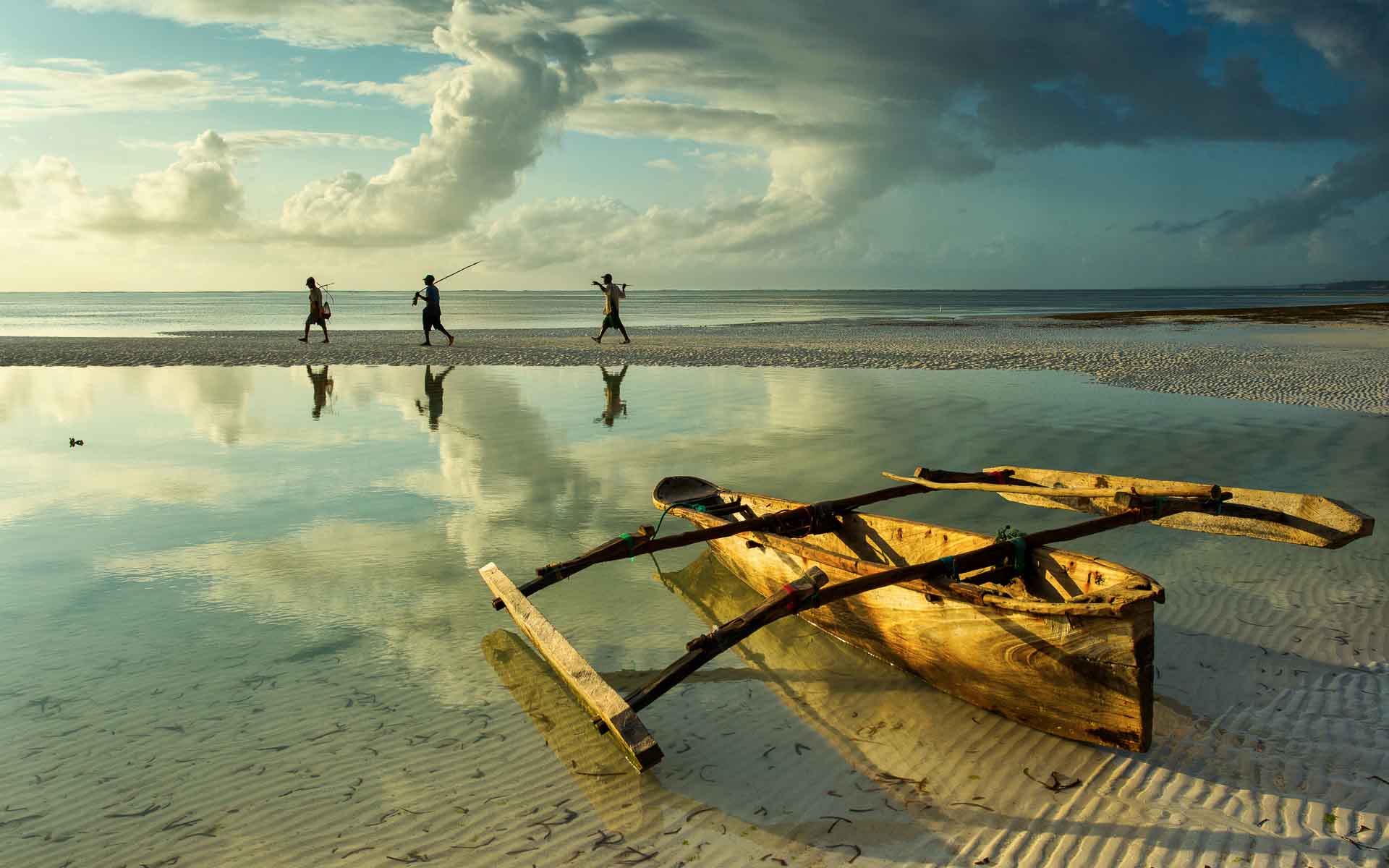
I ended up spending two years In Mtwara, a rather off the beaten place located on the border between Mozambique and Tanzania. There, I learned about the shell operculum trade used for incense in the Middle East and met with Chinese traders buying sea cucumbers all along the coast of Tanzania – globalisation at its most surprising.
But some of the most beautiful moments for me in the sea have been: a very special encounter with an octopus in Columbia in the Caribbean; snorkelling over the most incredibly diverse and colourful reefs in Vamizi in Northern Mozambique; and being joined by dolphins when swimming as a family on the south coast of Kenya.
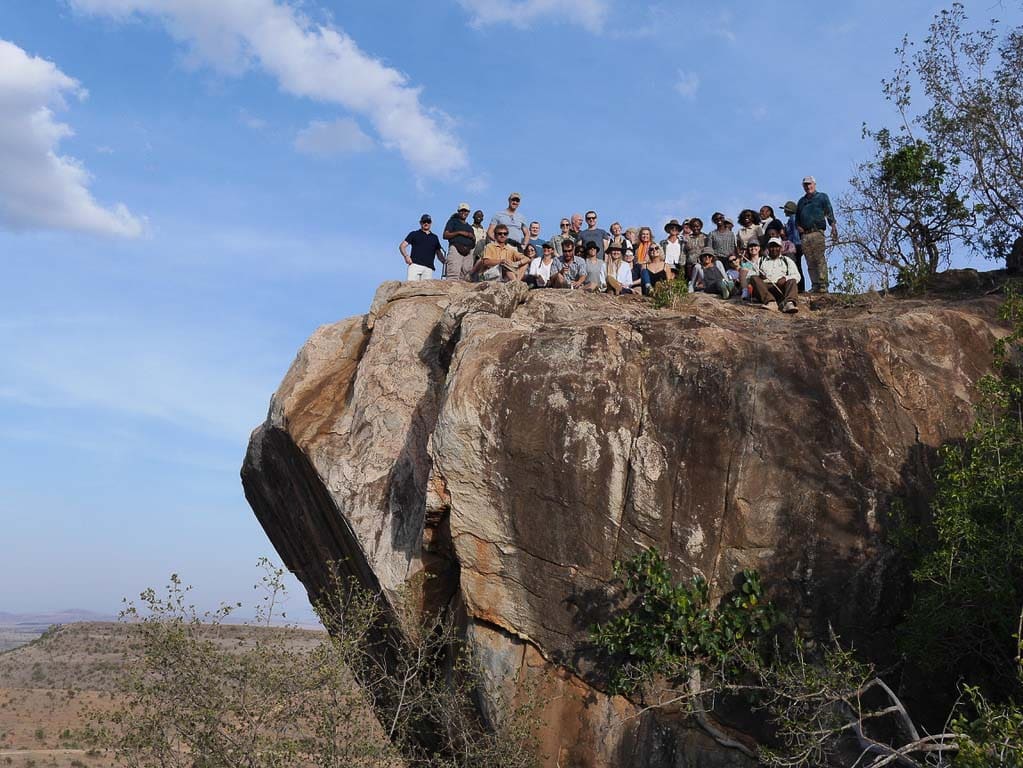
Stars aligned I suppose. I had previously helped run another forum – The Laikipa Wildlife Forum (LWF) which Segera, founding member of The Long Run, was part of. The Director of The Long Run Initiative (which was part of Segera’s Zeitz Foundation at the time) asked me for help on the external assessment of a LRI member. This was my intro to The Long Run. I was fascinated by the depth and breadth of the organisation, and its focus on tackling complex challenges such as biodiversity conservation in perpetuity and community development using business as a vehicle. At the time, The Long Run was looking for someone to develop the more technical aspect of the organisation. The rest, as they say, is history.
Having worked for more than 20 years in the NGO sector prior to joining The Long Run, figuring out how to distill and integrate due diligence, best practice, and embed holistic approaches in a practical and relevant scale for a small business to drive positive change was a big challenge. For this, the framework of The Long Run known as the 4Cs (conservation, community, culture and commerce) was a great asset. Global cross pollination, and working with a community of passionate members unified behind a common goal and ready to push boundaries was (and is) thrilling!
At the core, members have to demonstrate their commitment to driving long term positive impact on people and nature, by adopting a balanced and strategic approach to sustainability framed around the 4Cs – Conservation, Community, Culture and Commerce. It is a delicate balance and dynamic relationship between the 4Cs that brings resilience and impact.
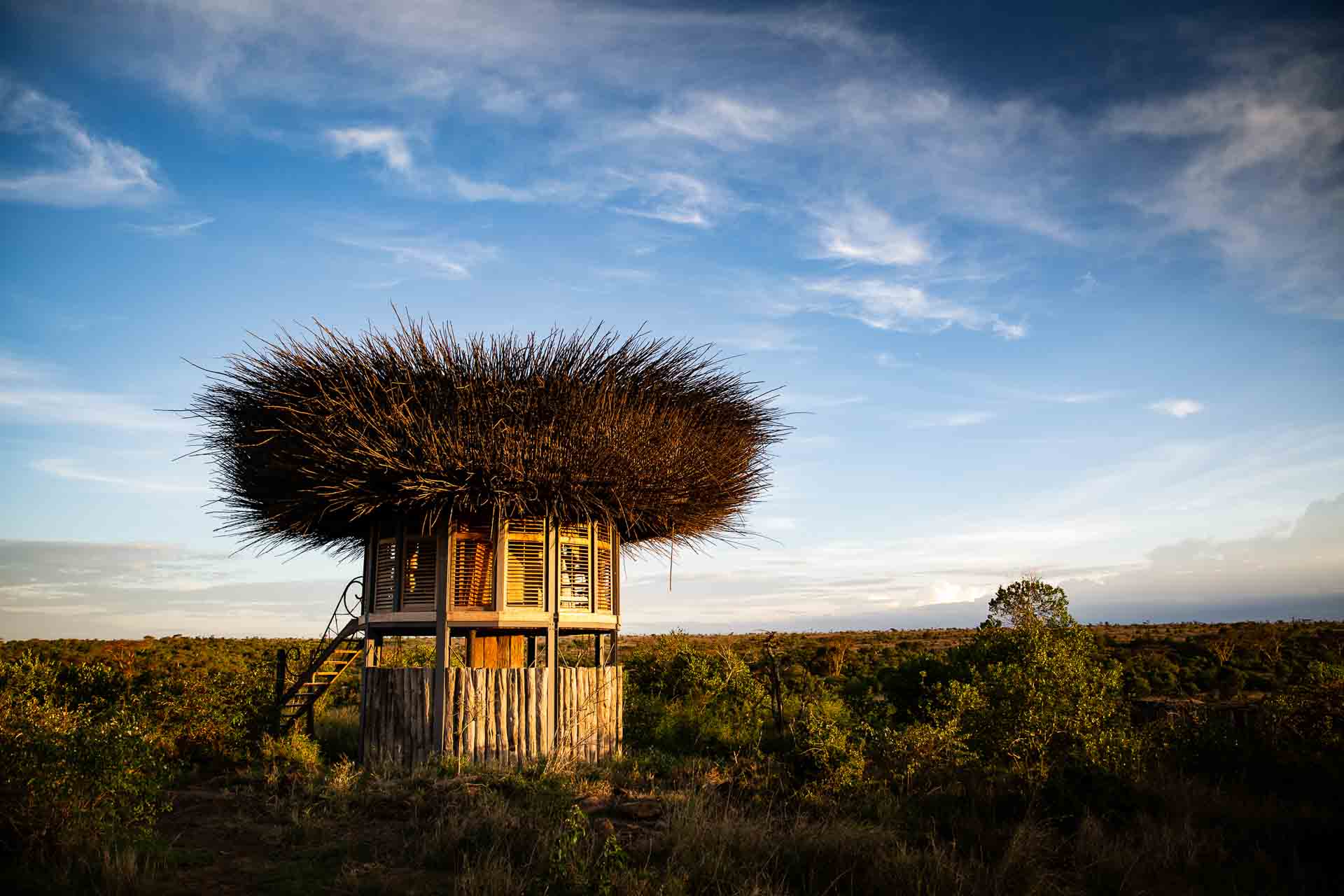
This is about adopting best environmental management practices, acting effectively to protect biodiversity, providing a stimulating and enabling workplace, engaging and developing a collaborative and supportive relationship with neighbours (community), and respecting and celebrating diversity. Finally, it is about developing a viable business model that supports the 4Cs’ goals and is enriched by the commitment to sustainability.
The GER status is a milestone in a journey which is guided by a member’s own 4Cs goals.
For me, if done well, tourism has an incredible potential to foster tolerance, open mindedness, care, connectedness, protect nature and stimulate sustainable inclusive economies locally. People have travelled for millenia, and they will not stop. However, the tourism sector needs to live up to its potential and be the vehicle for sustainable development that it can be. Mitigating our negative impact is not enough.
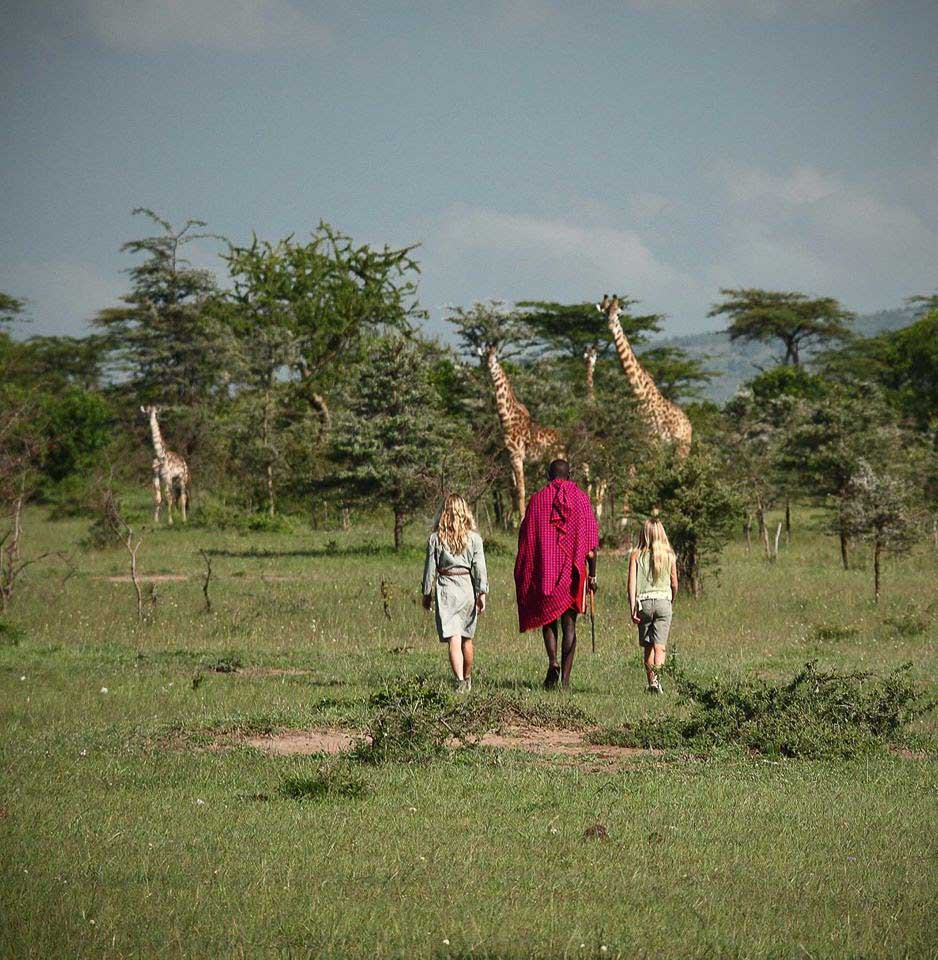
We have to drive net positive impact for climate, biodiversity and people, as well as ensure that sustainability is embedded in the DNA of businesses at all levels of decision making. It cannot remain an add on or after thought. All stakeholders in the travel value chain have a role to play, and have the capacity to drive fundamental change, whether through their interaction with guests or what they do on the ground.

I think that many are saying the same thing: be informed and aware, commit and act. Whether it is about reducing energy use, reducing waste, eating mindfully or choosing destinations that make an impact. Think about what your values are, and behave according to those values. “Walk the talk”. This will not only help the planet, but also procure a sense of fulfillment.
A quote I like from Gandhi which captures this perfectly is “Happiness is when what you think, what you say, and what you do are in harmony.”
Geneticist, ecologist, and activist, David Suzuki. His book ‘The Sacred Balance’ published in 1997 explores the interconnectedness within nature and was an inspiration and a milestone in my thinking.
Allan Savory. Through his work he has provided concrete ways to adopt a holistic approach to decision making, via holistic management processes. He did ruffle some feathers at the beginning but demonstrated that livestock, ecosystem restoration, and wildlife are not incompatible. As we know it is all about management. This provides a huge opportunity to engage vulnerable land users, such as pastoralists, in restoring land and ecosystem processes. I would like to toast with him that HM is slowly becoming mainstream!
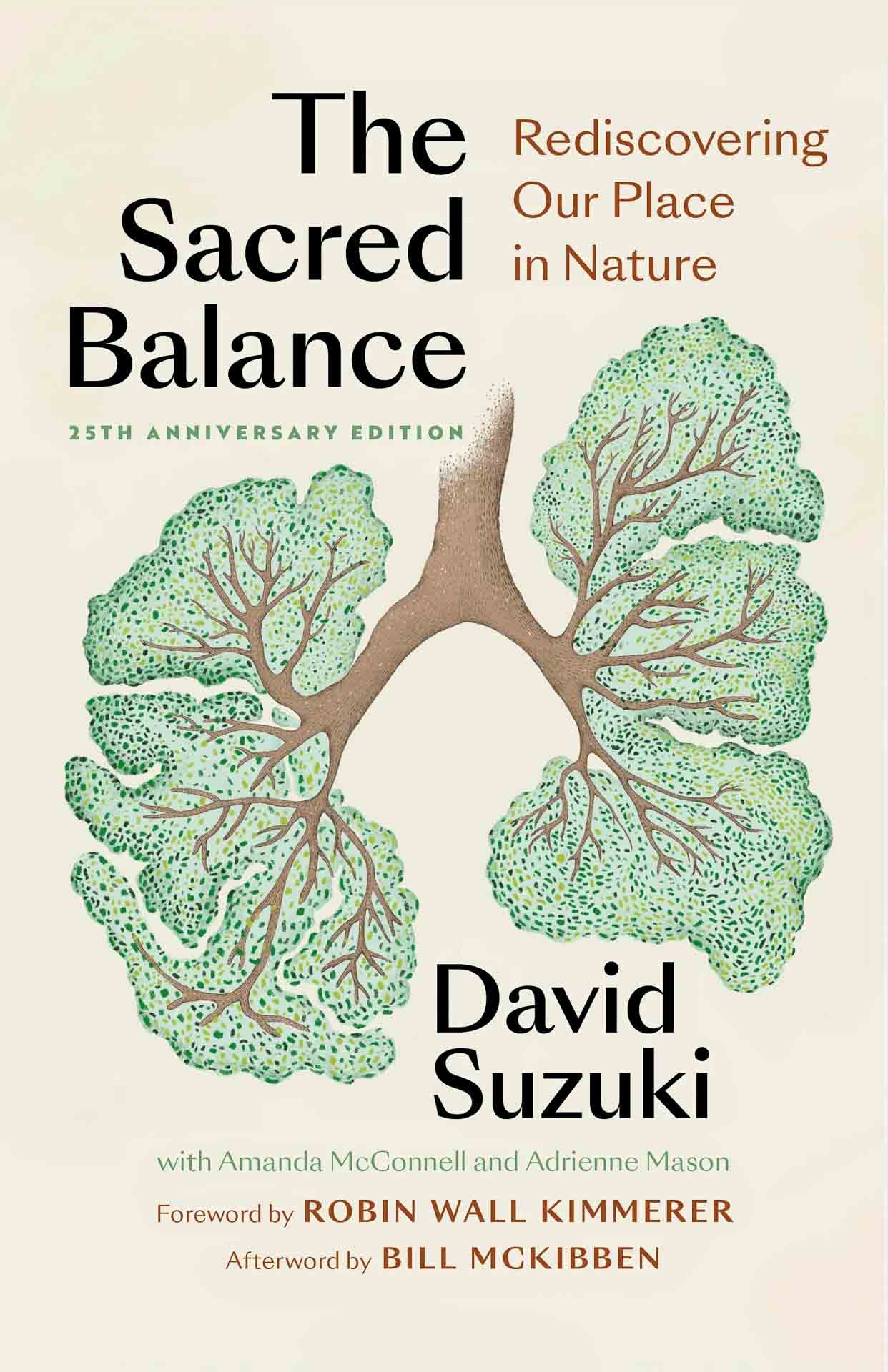
A leader in the financial sector – any! For an evening of undivided attention on why investing in biodiversity protection and restoration, beyond carbon removal, is paramount for nature and people. And getting further commitment to an action plan to drive investment into biodiversity.
Last but not least, Gad elMaleh – a brilliant French humorist and comedian, to have a good laugh and remind us not to take ourselves too seriously.
To find out more about The Long Run, please visit www.thelongrun.com.
If this chat with Dr. Delphine Malleret King has inspired you to travel with a purpose and make a difference, we can make it happen! Get in touch with a LuxVenture® Designer today and start planning a sustainable adventure today.
Keep an eye out for more conversations and inspiring stories from bold achievers from both in and out of the travel industry with Ker & Downey® Africa’s Fireside Chats. There’s plenty more in store to whet your travel appetite!
Ker & Downey® Africa is compliant with COVID-19 Industry Protocols.


Head office: 7 Bree Street, 6th Floor, Touchstone House, Cape Town, South Africa
+27 (0)21 201 2484
[email protected]
United Kingdom: Sportsman Farm, St Michaels, Tenterden, Kent
Ker & Downey® Africa is compliant with COVID-19 Industry Protocols.